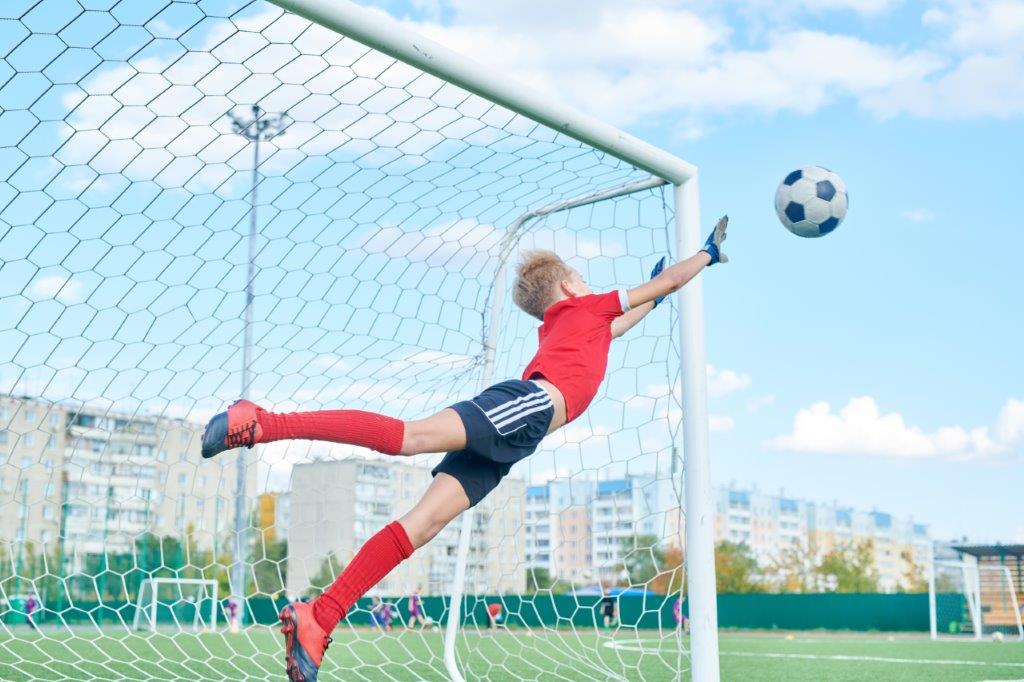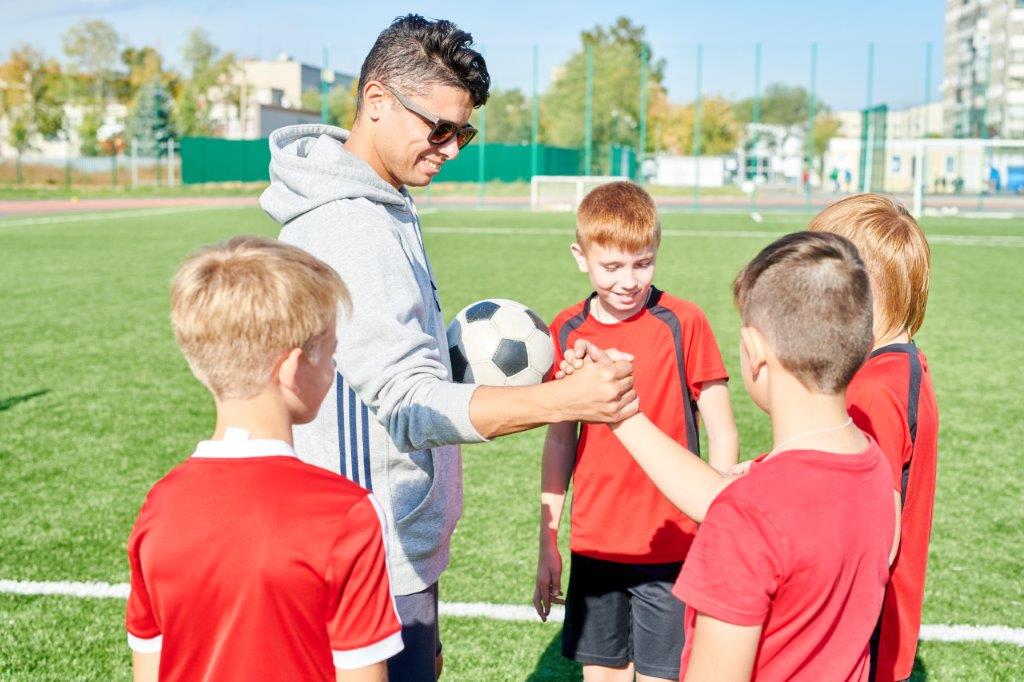Is Your Kid Good At Football? – How to Know
With each passing year, more and more talented footballers come to the fore. These are the players who were discovered by football academies at an early age. In football, it is never too late or too early to recognize a child’s talent. It is possible to recognize footballing talent in a baby’s feet as early as a few months of age, and it is possible to recognize footballing talent in a child as late as 9 or 10 years of age.
How can you tell if your child is ready for the football world and can make a name for himself in the coming years? It is a gift for any player to be prepared for the highest level of football from a young age. The earlier you start, the better. That being said, today, we will discuss a few points to keep in mind when determining if your child is good at football.
These will enable you to take appropriate actions for your child’s career planning from the start. Here are a few signs or characteristics to look for in your child to see if he or she is good at football. Without further ado, let’s get started.
Look for a Natural Inclination Toward Football
That is a very simple area to look for because, as a parent, you will already be aware of your child’s interests. And what if one of them is football? What else do you require?
If your child is naturally inclined towards football and enjoys talking about it, or if he/she enjoys watching football or kicking his toys around. These are all positive signs, and there is a good chance that your child will develop into an enthusiastic fan and player of the game. Once you’ve realized this, you can start introducing more practical aspects of the game to your child. Buy them toy footballs and goalposts; the goal is to immerse them in a football-related environment so that their natural interest in the game can blossom into a lifelong passion.

See What They do In Their Free Time
If your child enjoys kicking the ball in your backyard in his or her spare time or talks about football with his or her friends, it is a sign that football is what your child is looking for. Remember that children cannot decide for themselves; parents must identify their children’s areas of interest and then provide a resonating environment that complements those areas of interest, and this is exactly what you must do for your child.
Expose Them to Practicality
No matter how much your child enjoys football, you must determine whether nature has endowed him or her with a footballing instinct. You can only do this by exposing your children to the game’s more practice areas and environments.
There are numerous ways to accomplish this. Begin by taking your child to a football field, or begin by playing small passing games with your child in your own backyard. You can start doing this as soon as they get firm on their feet and start running around, which is usually around the age of 2 or 3 years. It may seem surprising, but if you give your children practical experience from the start, there is a good chance that they will grow up with good footballing instincts and abilities. That is precisely what you are looking for.
Teach Them Sporting Values

It is not only about talent and interest but also about character. Football players must have strong personalities. There are numerous sporting values that you can instill in your child from an early age. Here are a few areas that may require your attention:
- Teach your child the concept of loss; if they are exposed to losses in the game at a young age, they will be motivated to improve.
- Teach your child about competition because football is a highly competitive sport. Surviving and improving in competitive environments is an important skill to teach them.
- Teach your child the importance of respecting the situation, the opponents, and the rules. All of these lessons will be extremely beneficial to your child’s personal development.
Help Them Grow in Sportsmanship
Now that you know your child has a footballing instinct and has the potential to be a star in the future, it’s time to properly nourish their interest and passion. You can enroll them in a good soccer academy where they can learn and improve their football skills. You can also take them to football games to instill a love of the game in them.
As previously stated, there are numerous ways to keep their passion growing with age. As previously stated, they cannot make decisions for themselves during their formative years, and parents must provide them with environments that foster and complement their children’s interests.
Its Never too Early!
Some of this may seem strange to you, and we realize we’re asking a lot of the youngster. But that is exactly what is happening in the world of football. Professional football academies now have proper teams made up of children under the age of six.
On a lighter note, if you continue to nurture your child’s footballing passion, the future football prodigy may begin in your own home. With time and the right strategies, you can begin to shape a very bright future for your kid. It’s never too early, as the headline suggests. Begin working on your child from the prospect of the sport as soon as you receive the signal.
Conclusion
You will be able to tell if your child is good at football by implementing the methods we discussed above. After that, you can continue to provide them with an environment in which they can grow as a footballer.
This is a little off-topic, but you can find a suitable football academy for them or even enroll your children in professional football youth academies once they reach a certain age. If your child has talent, he or she will be on the right track from the start. It is also critical to recognize the important role that parents can play in the development of their young athletes.








